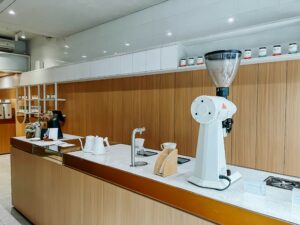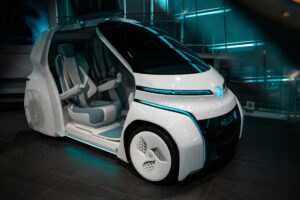Picture this: it’s the year 2030, and you’re walking into your favorite coffee shop. As you approach the counter to place your order, you notice something unexpected – there are no baristas to be found. Instead, a sleek robot is expertly crafting your latte with precision and efficiency. Welcome to the world of robotic baristas, where technology is reshaping the food and beverage industry in ways we never thought possible.
According to a recent report by Allied Market Research, the global market for food robotics is expected to reach a whopping $3.1 billion by 2025. This growth is driven by the increasing demand for automation in the food service industry, as businesses seek to improve efficiency and streamline operations.
But what does this mean for human workers in the industry? While some may fear that robots will replace jobs, others see it as an opportunity for workers to focus on more creative and customer-facing tasks. As one industry expert puts it, “Robotic baristas can handle the repetitive tasks, allowing human workers to focus on providing a personalized touch to customer service.”
Beyond the food and beverage industry, the rise of robotic technology has broader implications for society as a whole. As we continue to integrate automation into our everyday lives, questions arise about the future of work and how we can adapt to a rapidly changing landscape. One thing is clear – the age of robotic baristas is just the beginning of a new era in technology and business development.



